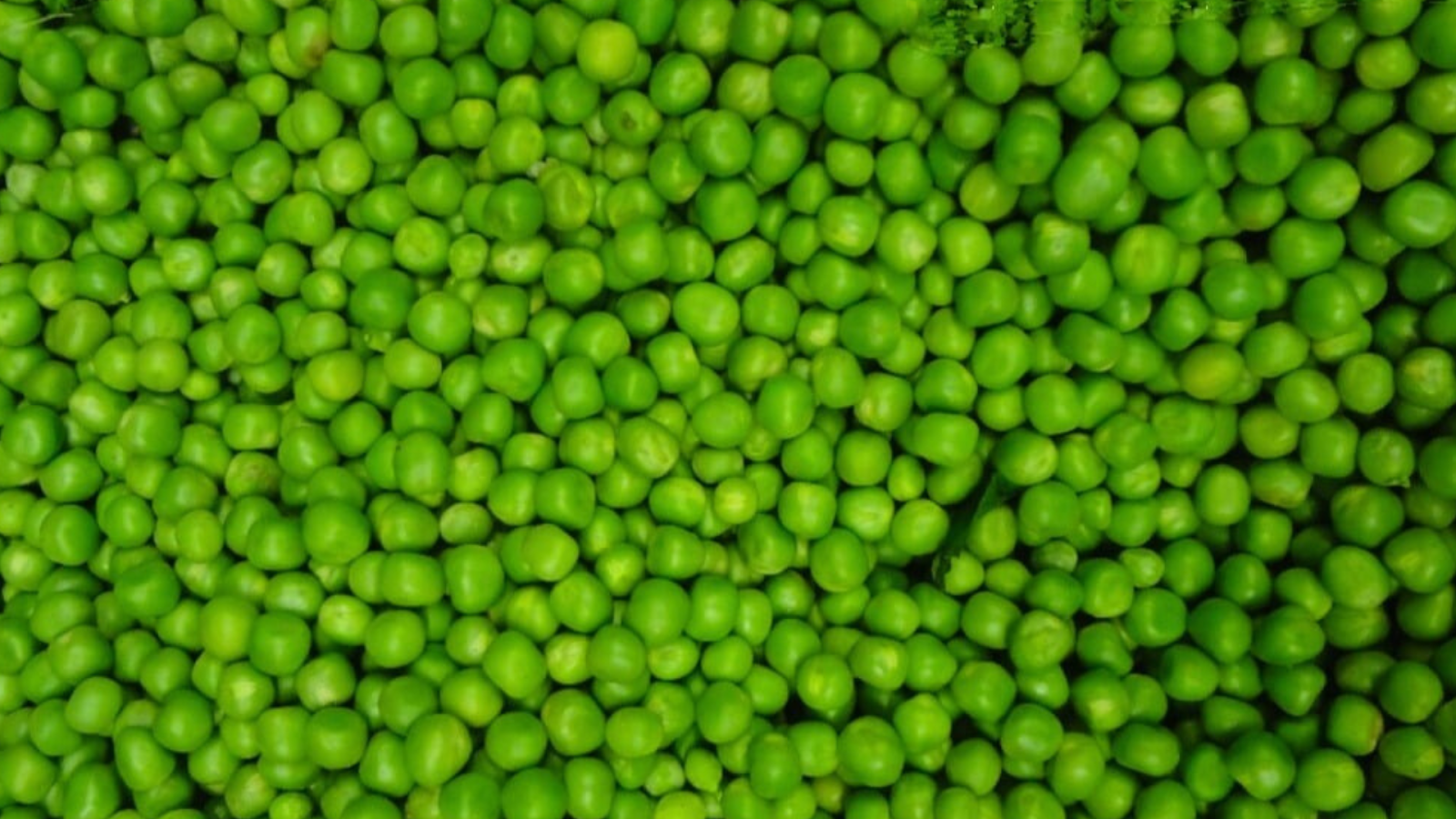The United Kingdom is all set to create a home – grown and more planet -friendly pea variety . It is seen as a potential protein – rich alternative to soybeans. This initiative has been taken to fulfill the increased demand for plant -based substitutes in diets and a dire need for saving the environment. In this regard, a study undertaken at the John Innes Centre, Norwich on peas is being looked into as a potential solution.
 |
| Image credit – Wikimedia commons |
Peas – an alternative to soybeans for animal feed and food
According to the UK Innovation agency, about 4 million tonnes of soya is imported per year for making animal feed and food. Half a million tonnes of which gets utilized in creating vegetarian and vegan foods. Soybean production is linked to the destruction of Amazon rainforests. Its environmental impacts include increased carbon and impacts on soil and water among other things.
In addition to the production, the import of soya also carries a heavy environmental cost.These imports not only take place from locations with high deforestation rates but also contribute significantly to carbon emissions.The transportation of soybeans by trucks and ships has adverse impact on the environmental well- being.Smoke emitted from ships consists of sulfur dioxide while carbon monoxide can be found in the smoke produced by trucks and automobiles. Both of these are detrimental to the environment.
In order to cut down environmental pollution, Belfast-based company Germinal has initiated a project to find a sustainable alternative to soya beans. A part of the government scheme, the project combines both academic research and industry to achieve holistic development. In order to tackle the unsustainable need for soya,peas are being seen as a potential substitute to soya beans.
The substitution of soya beans with peas carries multiple advantages. Peas are not only high in protein but also rich in nitrogen. This eliminates any need for using nitrogen-rich fertilizers. In fact, they can enrich the soil with nitrogen. The advantages don’t end here .While soy is a common allergen, peas are hypoallergenic i.e . they are less likely to cause an allergic reaction . The only limitation that peas depict is in their flavor . A team of researchers led by Professor Claire Domoney have successfully addressed this limitation.
 |
| Image credit – Wikimedia commons |
A previously scratched project is revived
Professor Claire Domoney and her team discovered the gene producing a chemical that made the peas taste less fresh when they were picked. In addition to this,they also discovered an Indian wild pea plant where the chemical wasn’t produced. These discoveries led to the beginning of a breeding programme aiming to create peas that remained fresher and lasted longer.
But the project was scratched in the mid-2000s. According to the breeders, ending up with longer – lasting peas without any flavor was not at all sustainable Their main concern was who would buy peas which didn’t even taste like peas? Eventually the project was revived last year when Germinal contacted the John Innes Centre to ask for any possibility of finding an alternative to soya beans. Domoney’s work on pea plants came to the rescue. The project was revived to the delight of Domoney who believes “Science is never wasted.”
The project aims to create a more commercially viable alternative with highly digestible protein levels. Researchers aim to also look for a possibility of easier harvesting when compared to the currently available varieties. To achieve this, traditional breeding methods are being incorporated.
The wild Indian pea plant is to undergo cross – fertilization with other varieties depicting high yield , protein content and ease of picking by mechanical harvesters. After the identification of a suitable variety, the Processor and Growers Research Organisation is set to carry out field trials to see if the desired type of pea can be grown or not.
If you enjoyed reading our articles, please consider supporting us by buying our geeky merchandise on Instagram
Alternatively, you could buy us a coffee or follow us on Facebook, Twitter, Pinterest, or Medium



